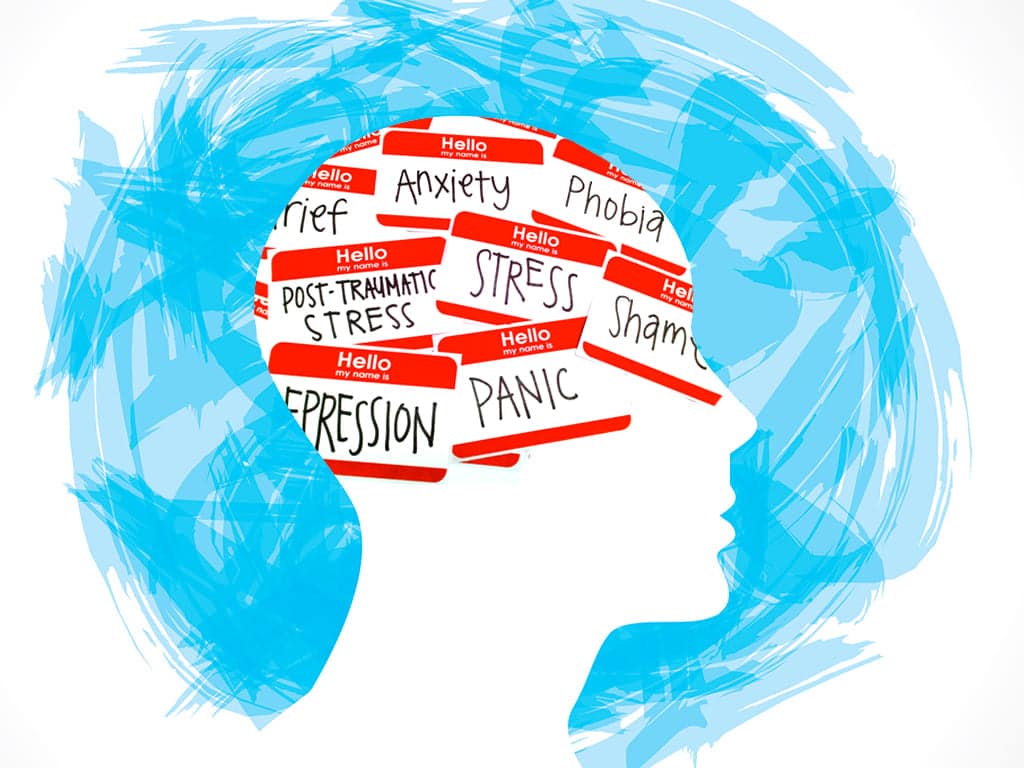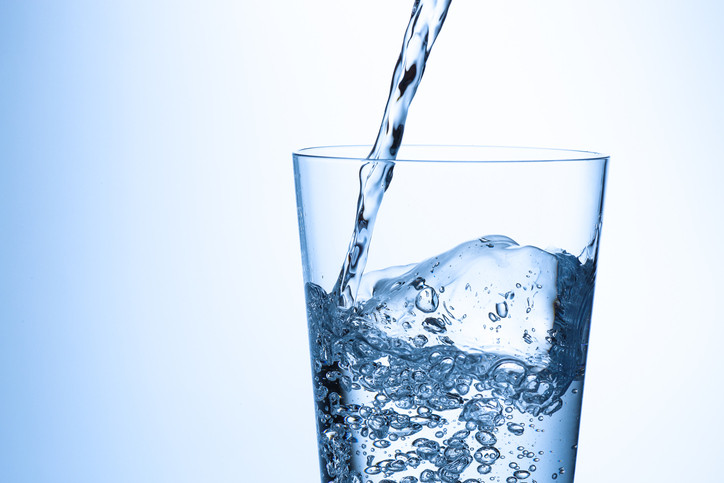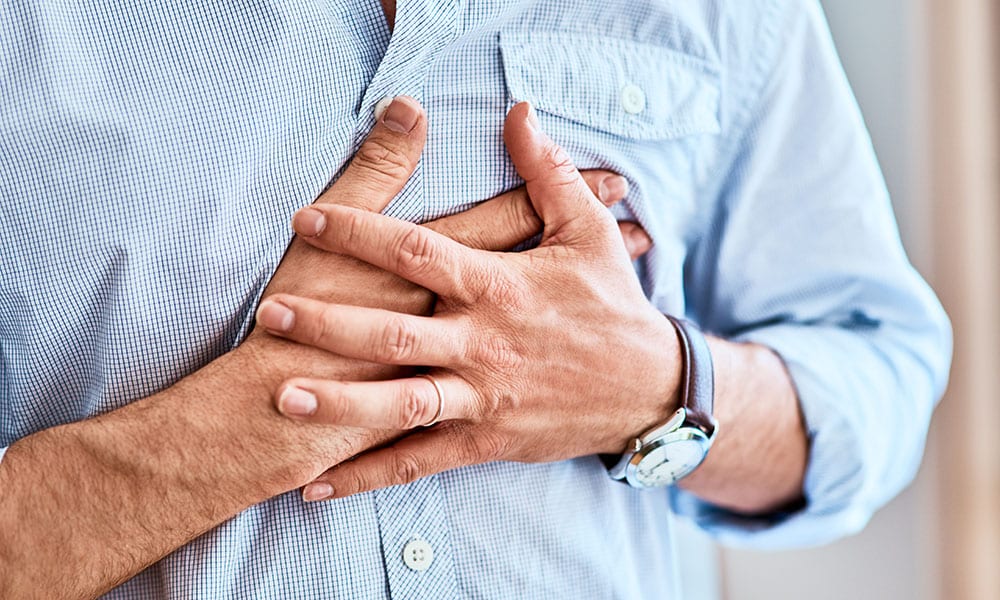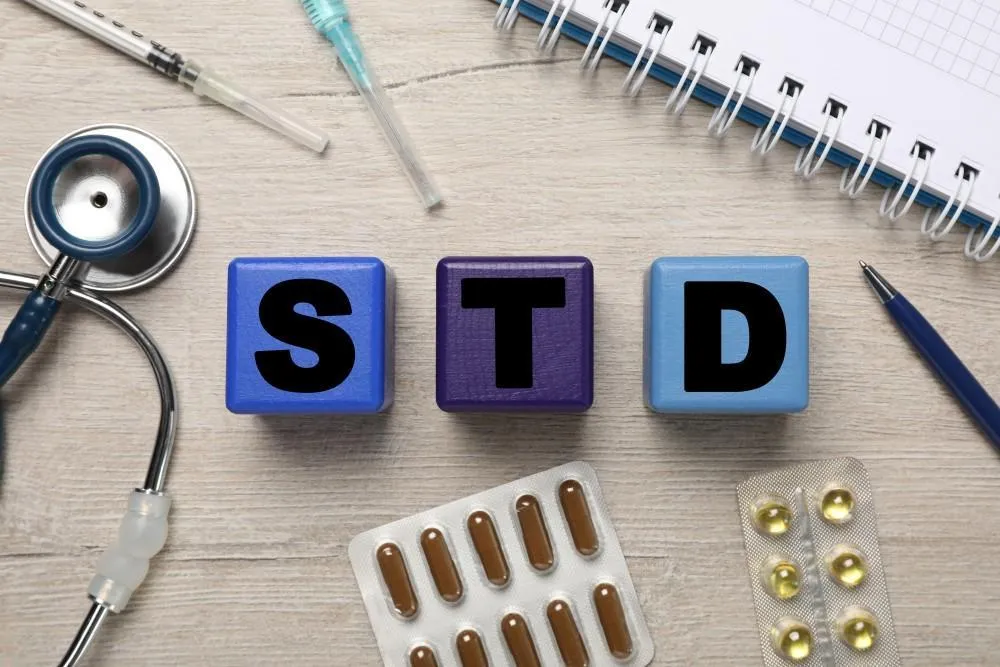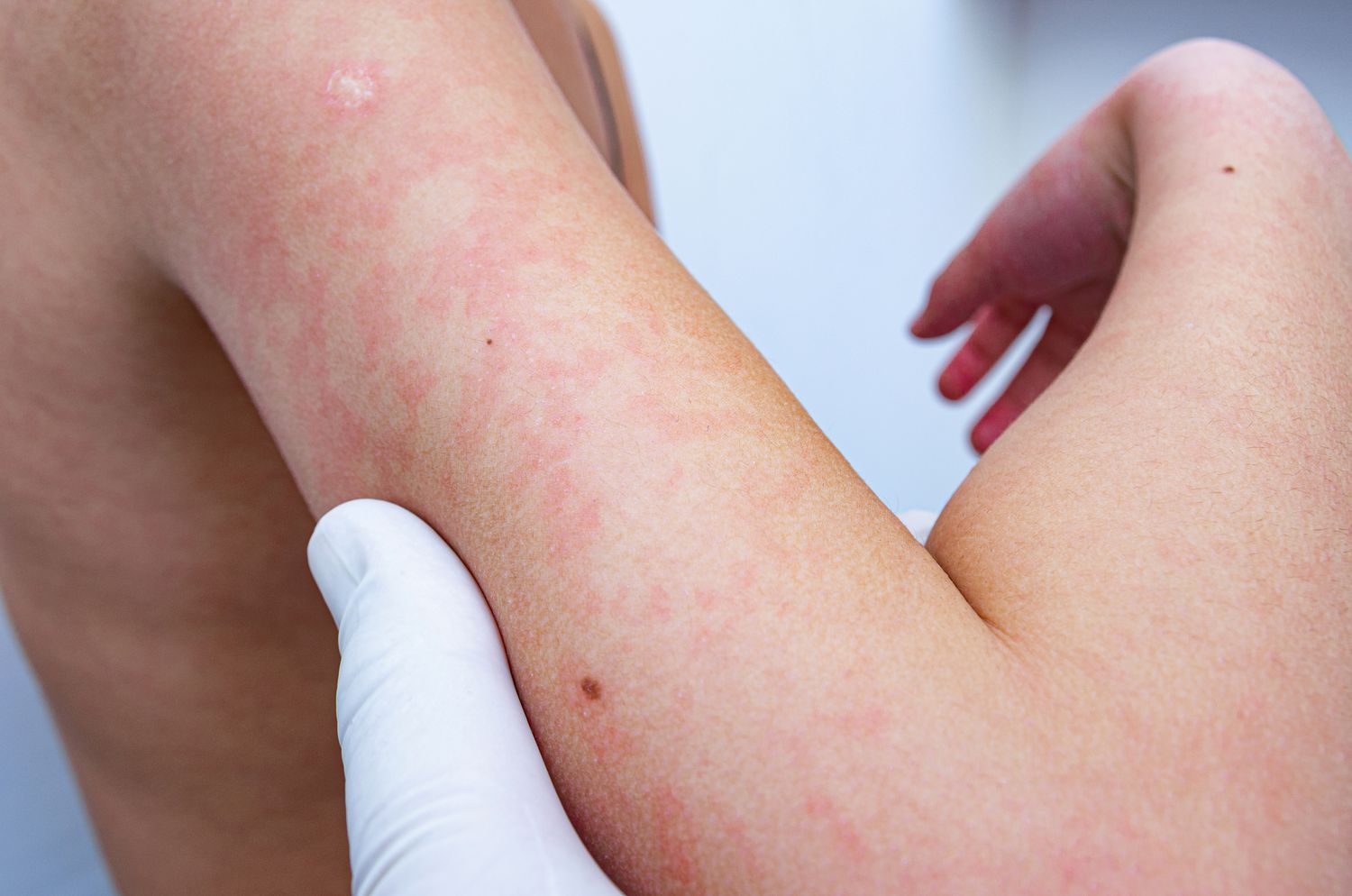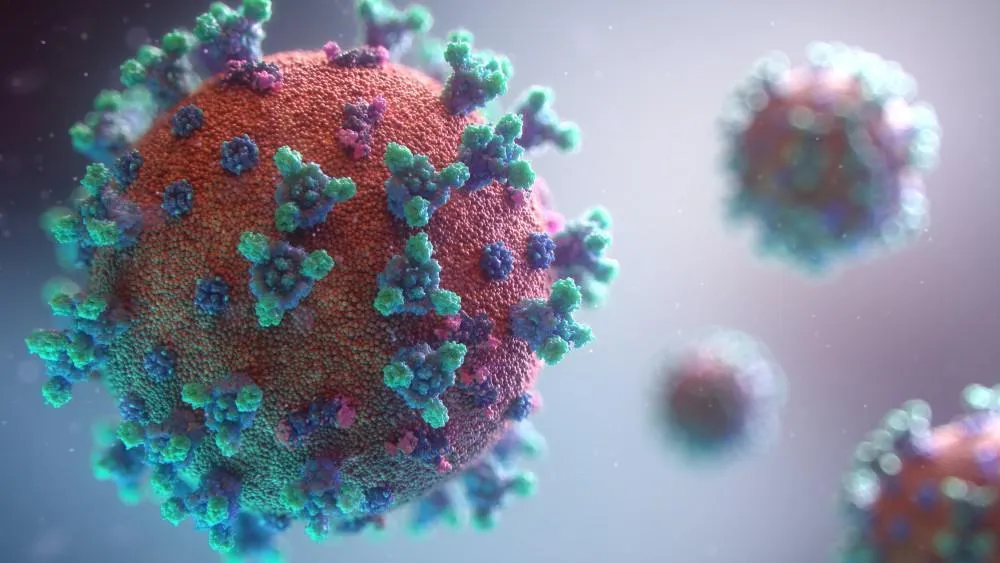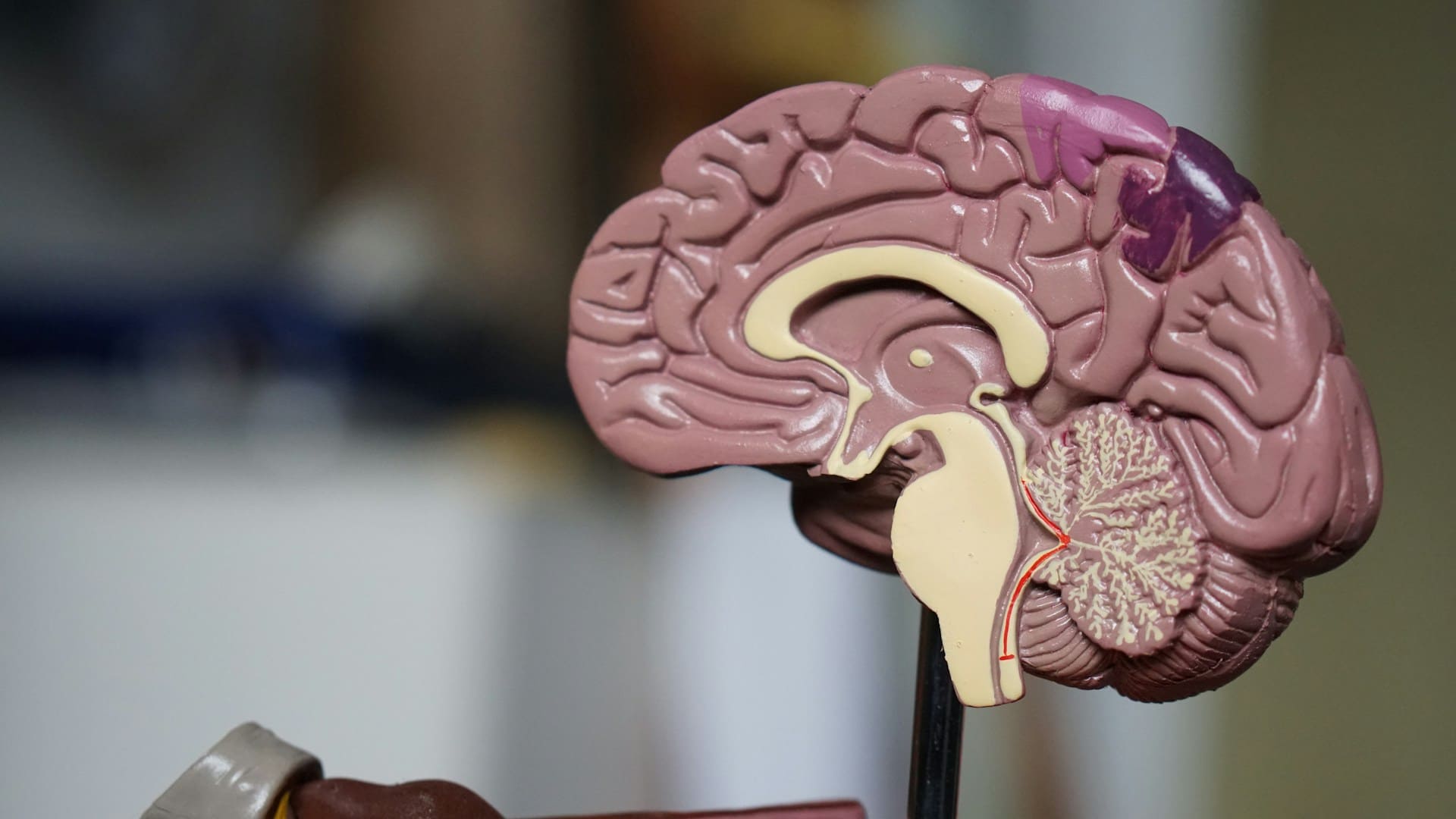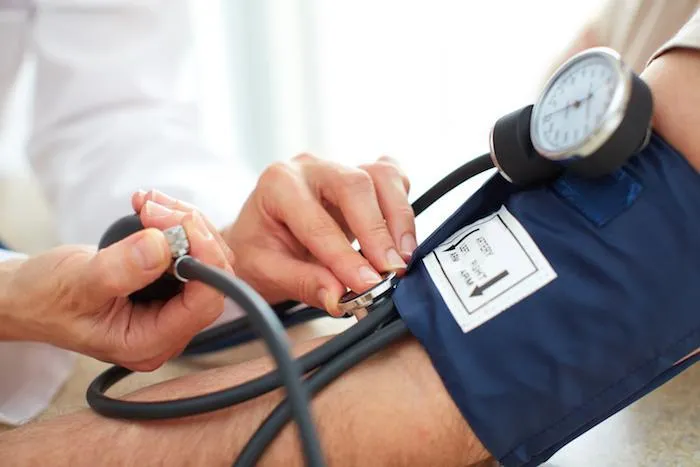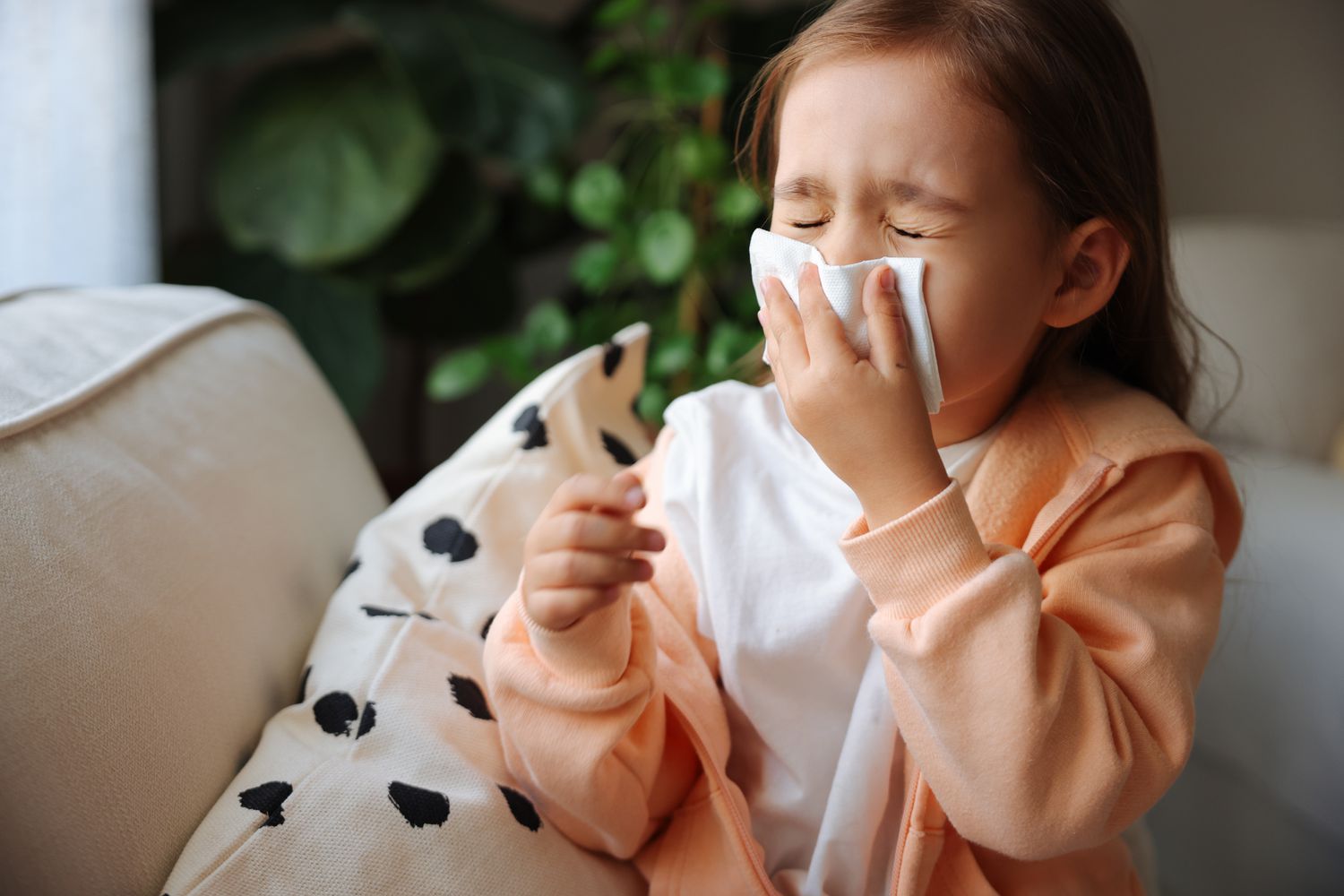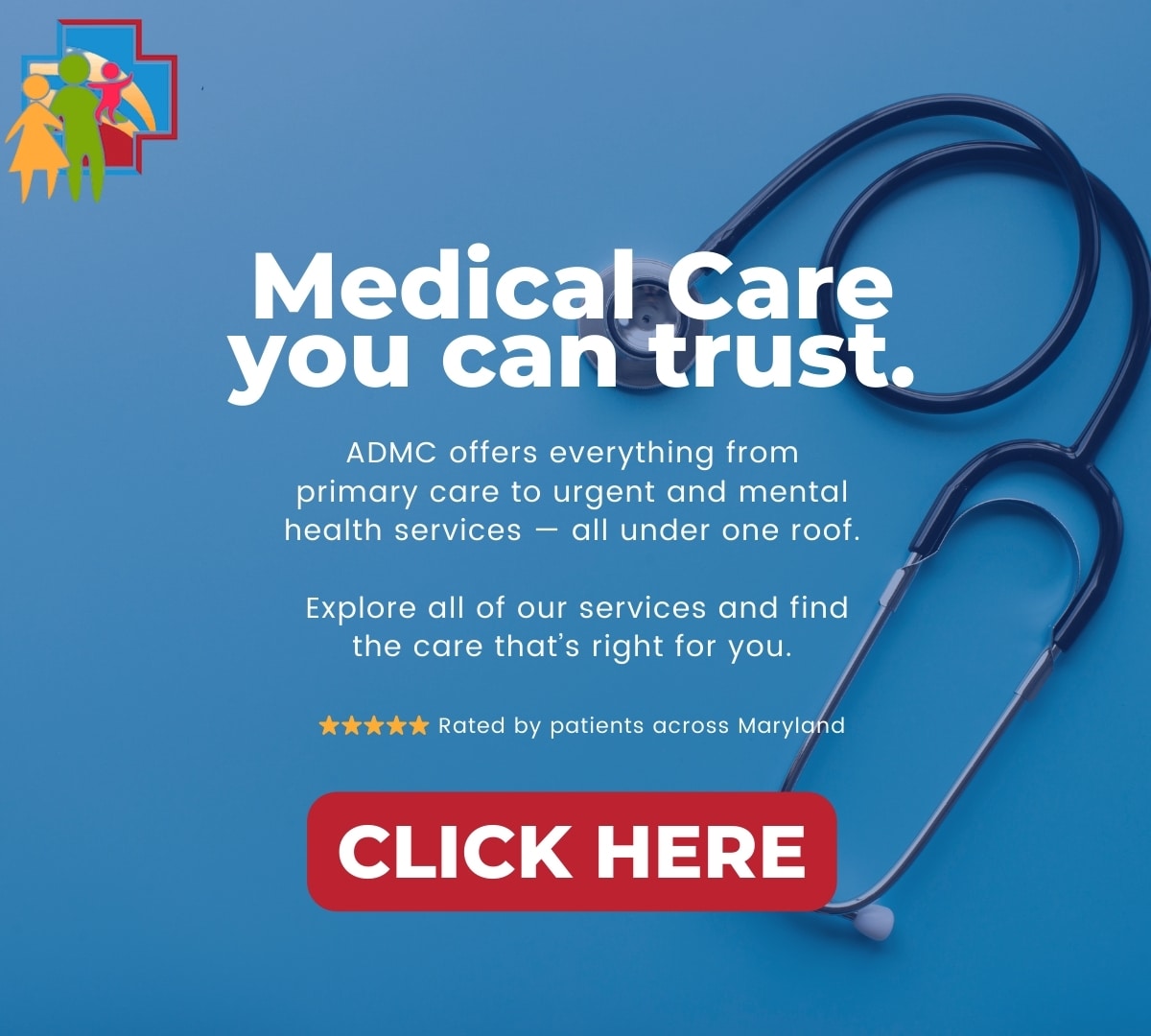5 Steps for Heart Health: Fight Coronary Disease

What is CAD?
CAD, also called heart disease, or coronary heart disease, causes roughly 735,000 hearts attacks and leads to 630,000 deaths each year in the U.S. Because heart disease is so common and often is silent until it strikes, it is important to recognize the factors that put you at risk.
What Raises Your Risk for Heart Disease?
Heart disease can be caused by factors that we cannot control, such as being male, having older age, family history of heart disease, being postmenopausal, or race (African American, Native American, and Mexican American people are more likely to have heart disease).
However, there are many lifestyle factors that you can control to lower your risk of heart disease. These include smoking, physical inactivity, obesity, poor diet, and excessive alcohol use, as well as health conditions like high blood pressure, diabetes, and unhealthy cholesterol levels.
How Can You Lower Your Heart Disease Risk?
Heart disease is preventable through simple lifestyle changes, according to research. These changes can lower your risk for heart attack and stroke while also improving your overall physical and mental health. Here are some ways you can modify your lifestyle to decrease your risk of heart disease:
1. Quit Smoking – Your Heart’s Worst Enemy
Smoking or constant exposure to other people’s cigarette smoke (secondhand smoke) can accelerate plaque buildup, increases blood clots, and significantly raises heart attack risk. Quitting smoking is the single best thing you can do for you and your loved ones’ health and longevity. Plan to quit today with your doctor’s help. You can do this, and your heart will reap the rewards!
“I quit smoking after 20 years and it was the best gift, I ever gave my heart. I now climb stairs without getting winded and have more energy to do the things I love.” – John M., heart patient
2. Improve Your Cholesterol Levels
High cholesterol contributes to plaque buildup in your arteries. Aim for the following healthy levels with diet, exercise, and medication as recommended by your doctor:
– Total Cholesterol – <200 mg/dL
– HDL (Good) Cholesterol – =>60 mg/dL
– LDL (Bad) Cholesterol – < 100 mg/dL
– Triglycerides – < 150 mg/dL
Controlling cholesterol can decrease plaque, open arteries, and add years to your life.
3. Control high blood pressure.
High blood pressure is the leading risk factor for heart disease, affecting 67 million Americans. Don’t be a statistic – take control of your health! Talk to your doctor about your blood pressure numbers and develop a plan to manage it through lifestyle changes like a healthy diet, exercise, and weight management. If needed, medication can also be used to control high blood pressure.
Win the battle against high blood pressure and protect your heart!
4. Manage Your Diabetes.
Properly managed diabetes prevents heart damage and attacks. Follow guidance from your doctor for controlling diabetes through diet, exercise, weight loss, medication, or insulin as prescribed. Diabetes management saves lives by protecting your heart – you can do this!
5. Exercise for 30 Minutes a Day
Did you know that even just a little bit of physical activity can lower your risk of heart disease? Studies show that people who don’t exercise have higher rates of heart disease compared to those who perform even moderate amounts of physical activity.
You don’t have to run a marathon to reap the benefits either. A bit of light gardening or walking can make a big difference. Most people should aim to exercise 30 minutes a day, at moderate intensity, on most days. This could include activities like brisk walking, cycling, swimming, jumping rope, and jogging. If you want to increase strength and muscle endurance, try lifting weights.
If you’re not sure where to start, talk to your doctor first. They can help you come up with an exercise plan that’s right for you based on your health and any underlying conditions you may have. And if motivation is a problem, try creating an exercise menu with activities that you enjoy.
Remember, every little bit counts when it comes to your heart health.
6. Eat a healthy diet.
Limit sodium, saturated fat, trans fat, cholesterol, and refined sugars. Try to eat more fruit, vegetables, nuts, and whole grains. These foods are rich in vitamins and antioxidants that help lower your risk of heart disease.
7. Drink in moderation.
Excessive alcohol consumption can be harmful to your heart. Women should limit themselves to one glass a day, and men should have no more than two glasses a day.
8. Maintain a healthy weight.
Obesity can increase your risk of heart disease and other related health issues like high blood pressure, diabetes, and high cholesterol. Regular exercise and a balanced diet can help you achieve a healthy weight. Consult your doctor to create a safe weight loss plan and determine your ideal body weight.
9. Manage your stress.
Stress and anger can worsen heart disease. There are many approaches to managing stress, including relaxation techniques such as meditation and yoga, talk therapy with a therapist or group, time management, and realistic goal setting.
Take control of the controllable risks and prevent CAD from diminishing your quality of life or longevity. Quit smoking, get active, maintain a healthy weight, eat a heart-healthy diet, manage stress, and follow your doctor’s guidance to manage cholesterol, blood pressure, and diabetes.
If you need a doctor or a customized action plan, don’t hesitate to contact us today to schedule an appointment, your heart-healthy future is within your control!
One positive choice at a time, you’ve got the power to beat CAD and live life fully.
Now go claim your healthy heart!


